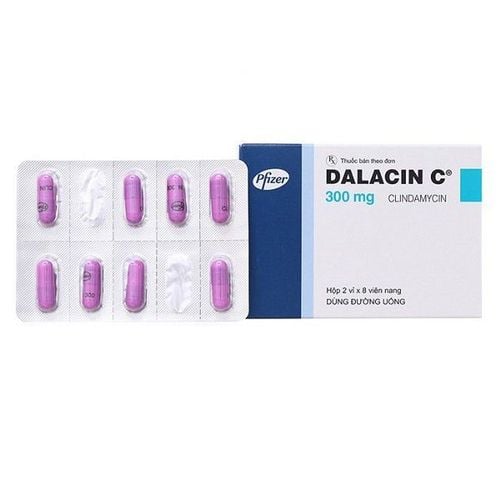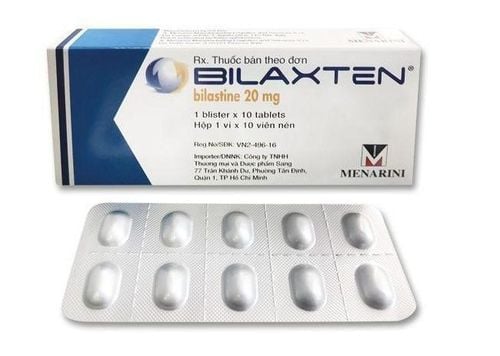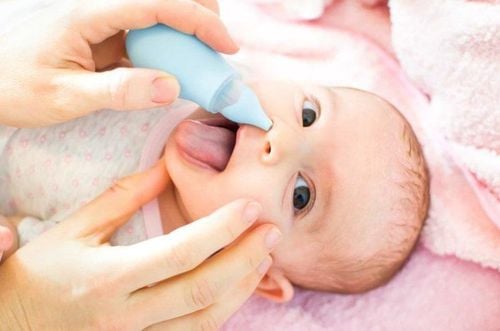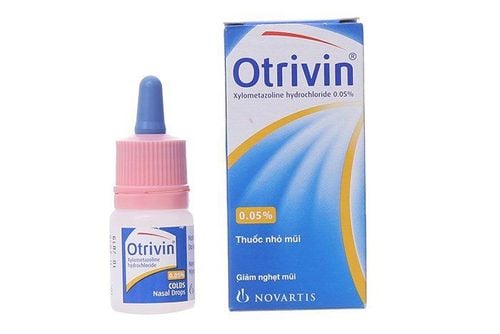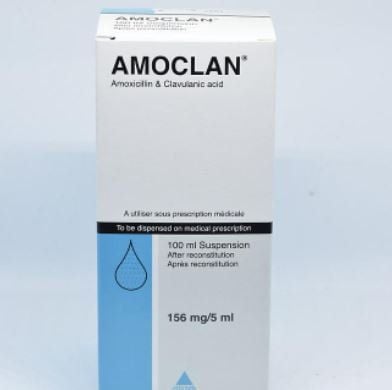During pregnancy, many women experience nasal congestion, runny nose, itchy nose, and sneezing. These persistent and recurring symptoms, especially at night, can disrupt sleep, cause stress, and negatively impact the health of both mother and baby. In this case, pregnant women often worry about what they should do to alleviate these symptoms effectively and safely for their baby's development.
1. Common causes of nasal congestion in pregnant women
Like everyone else, common colds and allergic rhinitis can cause nasal congestion in pregnant women. In addition, pregnancy rhinitis is a common cause.
1.1 Common Colds
When getting a commong cold, pregnant women often experience nasal congestion, runny nose, frequent sneezing, and possibly a sore throat, though fever is rare. The common cold is usually caused by viruses and goes away on its own within 3–7 days. However, if symptoms worsen, such as long-lasting high fever, loss of appetite, or difficulty breathing, pregnant women with nasal congestion have to be cautious. This is to prevent mothers from bronchitis or pneumonia.

1.2 Allergic rhinitis
Allergic rhinitis comes from many allergens such as dust in the air, pollen, grass, house dust, animal fur, or molds. These irritants cause symptoms such as nasal congestion, itchy nose, sneezing, runny nose, watery eyes, occasional itchy throat, and ear discomfort.
1.3 Pregnancy Rhinitis
Approximately 20% of pregnant women suffer from pregnancy rhinitis. This type of rhinitis typically occurs during the last six weeks of pregnancy (though it can appear earlier) and goes away within two weeks after birth delivery. Pregnancy rhinitis is considered a specific type of rhinitis because it is not caused by allergies, infections, or colds.

2. Should pregnant women use nasal drops?
According to research published in the American Journal of Epidemiology, some nasal drops for expectant mothers contain phenylephrine and phenylpropanolamine which increase the risk of congenital heart defects in babies. Therefore, it is essential to avoid nasal drops containing these two substances, especially during the first 13 weeks of pregnancy. Some nasal drops are evaluated safe for pregnant women, including:
2.1 Decongestants with Oxymetazoline or Xylometazoline
Nasal decongestants containing Oxymetazoline or Xylometazoline can quickly mitigate nasal congestion. Pregnant women can use them but only for a short period (no more than three days).
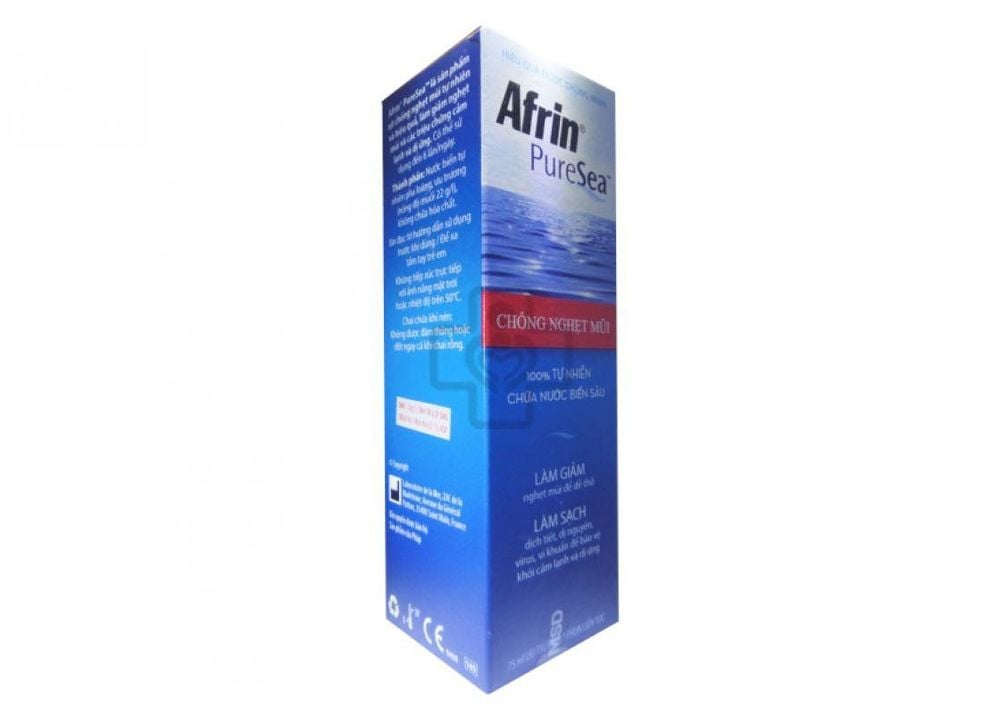
2.2 Corticosteroid Nasal Sprays
Corticosteroid nasal sprays are highly effective in treating rhinitis, especially allergic rhinitis. For pregnant women with nasal congestion, postnasal drip cough, or itchy throat, corticosteroid nasal sprays should be used in low doses and for a limited time as prescribed by a doctor. This helps minimize potential side effects associated with corticosteroids.
3. Important cautions when using nasal drops during pregnancy
Pregnant women must bear in mind extreme caution when using medications. When having symptoms, pregnant women should never self-prescribe to use nasal drops, especially those of unclear origin or those not researched for effects and safety. Medications recommended by others should also be avoided, as what is safe for one person may be harmful to another. To ensure the safety of both mother and baby, it is essential to receive consultation from a doctor or specialist pharmacist for an appropriate prescription.
Using the wrong medication during pregnancy can severely impact fetal development. If symptoms persist despite using suitable nasal drops or if unusual signs such as fever, difficulty breathing, or rashes occur, the mother should immediately seek medical attention at a hospital or healthcare center.

To arrange an appointment, please call HOTLINE or make your reservation directly HERE. You may also download the MyVinmec app to schedule appointments faster and manage your reservations more conveniently.
Reference source: nhs.uk




